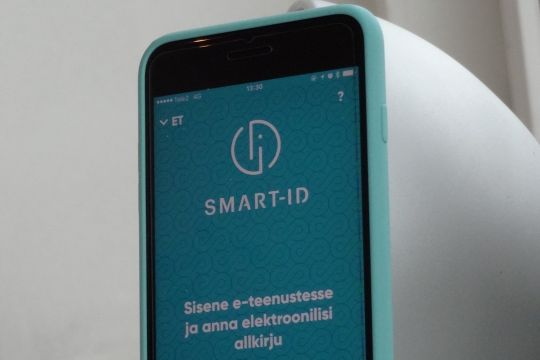
The defences took place on the last week of August.
Student: Aleksandr Tsõganov (Software Engineering MSc)
Title: Integrating User Identity with Ethereum Smart Contract Wallet
Supervisor: Orlenys López Pintado, Aivo Kalu, Kristjan Kuhi
Reviewer: Fredrik Payman MilaniStudent: Rahul Puniani (Innovation and Technology Management MSc)
Title: Conceptualization of a Blockchain Based Voting Ecosystem in Estonia
Supervisor: Fredrik Payman Milani, Mihkel Solvak
Reviewer: Orlenys López PintadoStudent: Indrek Purga (Conversion Master in IT)
Title: Detection of forged PDF documents
Supervisor: Kristjan Krips
Reviewer: Alo PeetsStudent: Shahla Atapoor (Computer Science MSc)
Title: On Privacy Preserving Blockchains and zk-SNARKs
Supervisor: Helger Lipmaa, Janno Siim, Karim Baghery
Reviewer: Ivo KubjasStudent: Mart Simisker (Computer Science MSc)
Title: Security of Health Information Databases
Supervisor: Jan Willemson, Dominique Unruh
Reviewer: Meelis Roos
Links:
https://comserv.cs.ut.ee/ati_thesis/index.php?year=2019
https://www.cs.ut.ee/sites/default/files/www_ut/augusti_kaitsmiste_ajakava_28-08-2019.pdf
